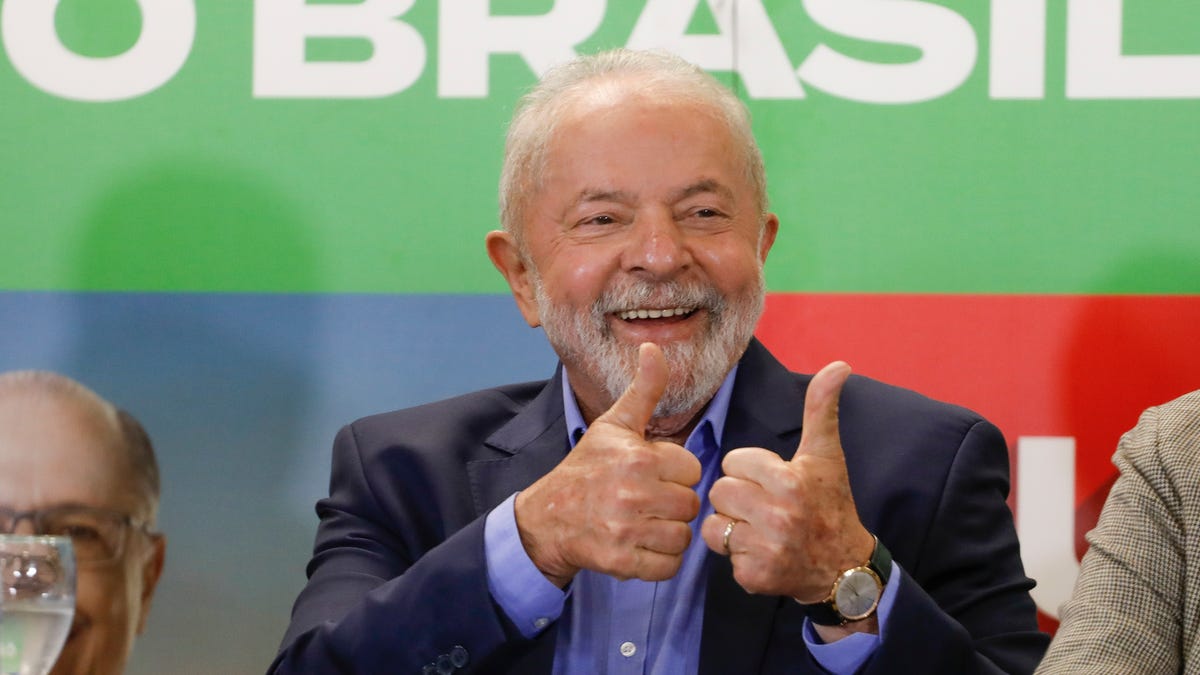The Brazilian Economy Defies Expectations with 0.9% GDP Growth in Q2
Last week, Brazil surprised the market by announcing a 0.9% growth in its gross domestic product (GDP) for the second quarter of this year, three times higher than expected. This positive development follows the country’s 1.9% expansion in the first quarter, despite a regional economic downturn in South America, where countries like Chile, Colombia, and Peru experienced contraction during the first half of the year. Neighboring trading partner, Argentina, also faced economic instability, prompting its central bank to take drastic measures to stabilize its currency, the peso, such as raising interest rates to a staggering benchmark of 118%.
So, how did Brazil manage to defy the odds? Several factors have contributed to this success. Firstly, Brazil was able to avoid the worst effects of South America’s high inflation. Additionally, the country’s agricultural sector experienced a bumper harvest, bringing in substantial revenue. Lastly, Brazil’s international credit rating received an upgrade.
All of these factors have combined to create a favorable economic climate in Brazil. However, it is worth noting that President Luiz Inácio Lula da Silva’s tax-and-spend approach, along with his emphasis on public ownership of utility and energy companies, seems to be a major driving force behind the country’s economic stimulation, much like it was in the early 2000s.
A Flashback to Lula’s First Presidential Stint
Before Lula’s election victory in 2002, there were concerns among economists that his ambitious social welfare reforms would lead to an economic crash. The Brazilian real lost 35% of its value when polls indicated that Lula might become president. Lula had to reassure the markets through an open letter, promising gradual changes rather than sudden radical shifts.
However, once Lula took office, Brazil experienced unprecedented economic growth. Lula introduced policies that enabled the country’s commodity exports to flourish, resulting in a surge of wealth that his administration used to reduce poverty levels significantly. This period could be considered an economic miracle, as Lula expanded the welfare state while simultaneously reducing public debt from 60% to 40% of GDP. His administration also raised the minimum wage multiple times, reduced inflation from 12% to 6% between 2002 and 2010, increased manufacturing and commodity exports, and successfully curbed deforestation in the Amazon.
Lula’s Economic Ambitions and His Unique Approach
Fast forward to the present day, and Lula is embracing Brazil’s economic resurgence by urging the central bank to lower interest rates and addressing wealth inequality. In a tweet, Lula expressed his belief that money in the country should circulate among the population, rather than being concentrated in the hands of a few. He emphasized the importance of credit access for more people to drive the economy forward. Lula’s determination to create balanced economic growth distinguishes him from other left-wing leaders in the region.
Lula’s economic successes have contributed to a 9-point increase in his approval rating to 60%. This growing support is not limited to his traditional voter base but has also gained traction among conservative voters. With this political goodwill, Lula is pursuing various radical reforms, including a complete ban on logging in the Amazon, extensive infrastructure upgrades, increasing the minimum wage, and eradicating hunger in Brazil. Additionally, Lula has taken bold steps to tackle corruption, including the prosecution of his corrupt predecessor, Jair Bolsonaro.
Looking Beyond Domestic Reforms: Lula’s Geopolitical Ambitions
Lula’s vision extends beyond domestic reforms. He has been instrumental in expanding the influence of BRICS and has proposed a regional currency to challenge the dominance of the US dollar in South American trade. These ambitious moves aim to undermine the developed world’s economic hegemony and establish Brazil as a prominent geopolitical leader.
Related Stories:
- Brazil Prioritizes Environmental Goals Over Oil Wealth
- Latin America’s Left-Wing Movement Paves the Way for Environmental Revolution
- Amazon Deforestation Declines by One-Third Since Lula’s Presidency
Denial of responsibility! Vigour Times is an automatic aggregator of Global media. In each content, the hyperlink to the primary source is specified. All trademarks belong to their rightful owners, and all materials to their authors. For any complaint, please reach us at – [email protected]. We will take necessary action within 24 hours.


